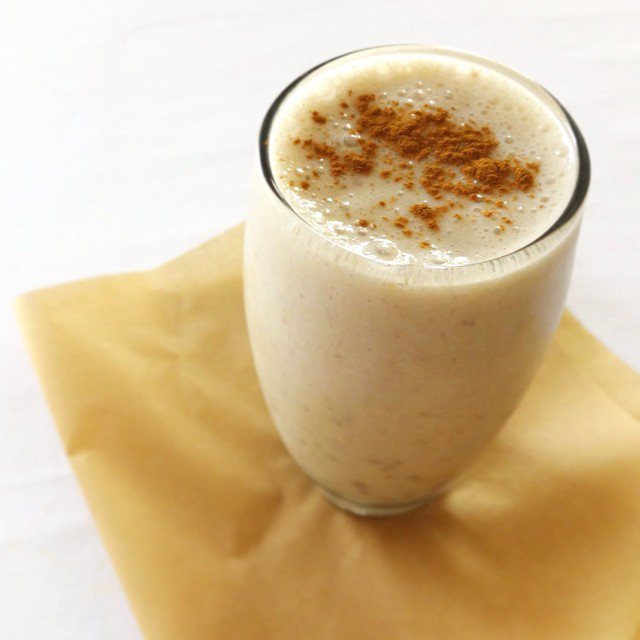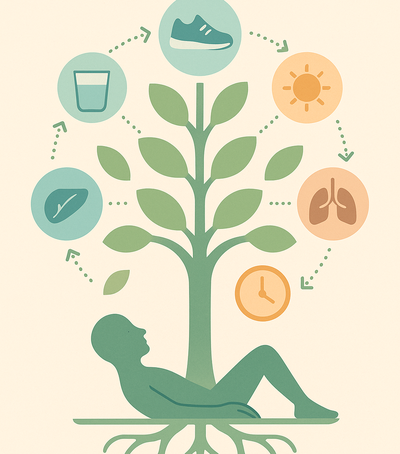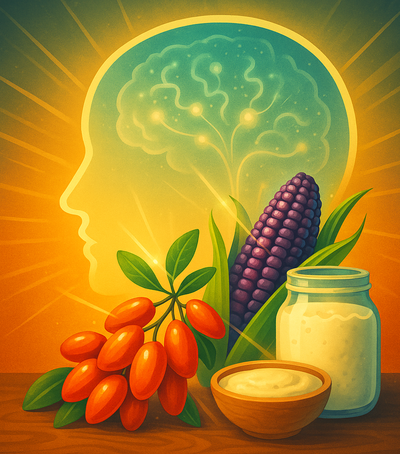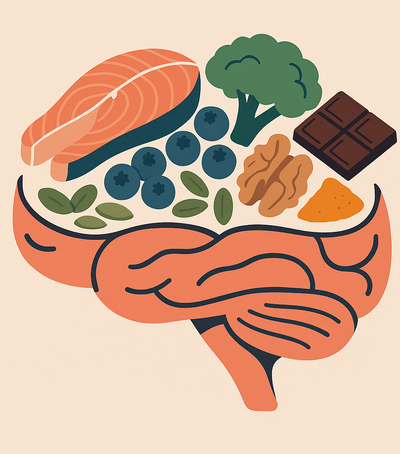
Many people have a favorite "medicine" for each evening before going to bed: a warm decaffeinated tea or some additional melatonin supplement. But also milk and cinnamon-containing juices are also part of their favorite bedtime drinks, according to Joyce A. Walsleben and Rita Baron-Faust, authors of "A Woman's Guide to Sleep." However, there are some limitations to the impact this evening mix has on many people. As is well known, milk helps sleep but, according to studies, cinnamon increases alertness rather than decreases fatigue.
Milk and sleep
Milk is made up of an amino acid, tryptophan, which adds seratonin to the body. Seratonin helps in the state of sleep. However, according to a 2003 study, published in The American Journal of Clinical Nutrition, it turns out that while milk releases tryptophan, the latter can "stumble" along the way to signal to the brain, from milk proteins. For tryptophan to be effective in bringing about sleep, it must be associated with low protein and high carbohydrate foods.
Cinnamon and sleep
Since 2011, there is no scientific evidence that cinnamon helps to bring about sleep. However, the aroma of cinnamon has been clinically proven to increase alertness and decrease tension, especially in people driving, according to a 2009 study in the "North American Journal of Psychology." Although this study recommends that cinnamon soothes more when it smells than when it tastes, it also shows that it is best to avoid cinnamon milk before going to bed, because instead of coming to you sleeping will have the opposite effect of making you more alert.





